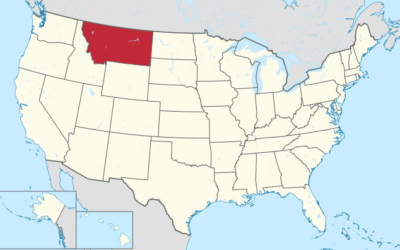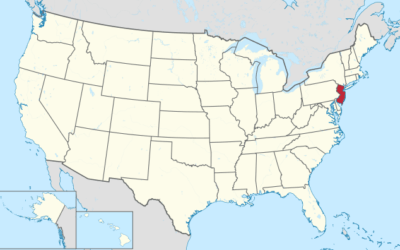Nevada incarceration presents a significant challenge, with a staggering rate of 610 individuals per 100,000 residents imprisoned. This surpasses any independent democratic country. Issues extend to state prisons, immigration detention, and juvenile facilities. Ely State Prison faces overcrowding and inadequate resources, notably in medical care. Initiatives like the Nevada Prison Education Project aim to address these challenges by offering higher education, reducing recidivism, and transforming lives within the Nevada incarceration system.
Rebecca S.
Post By Rebecca
New Hampshire Prison System Overview
New Hampshire Incarceration presents a complex and challenging scenario, with nearly 4,200 people currently in prison and another 5,600 on probation or parole. Overcrowding in county jails exacerbates the issues, creating dire living conditions. The financial burden of high fees and costs further strains incarcerated individuals and their families, leading to economic hardships. Racial disparities are also evident, with the black imprisonment rate highlighting systemic inequities. Addressing these issues requires thoughtful solutions for a fairer system.
Understanding Incarceration in New Jersey
New Jersey incarceration rates have significantly increased over the years, reflecting a broader national trend of mass incarceration. Efforts like the 2017 cash bail reform aimed to reduce pretrial jail populations by removing financial barriers, allowing more individuals to remain out of jail before trial. Despite these efforts, racial disparities persist in New Jersey’s prisons, with Black Americans facing higher incarceration rates than white Americans, highlighting the need for ongoing reform.

